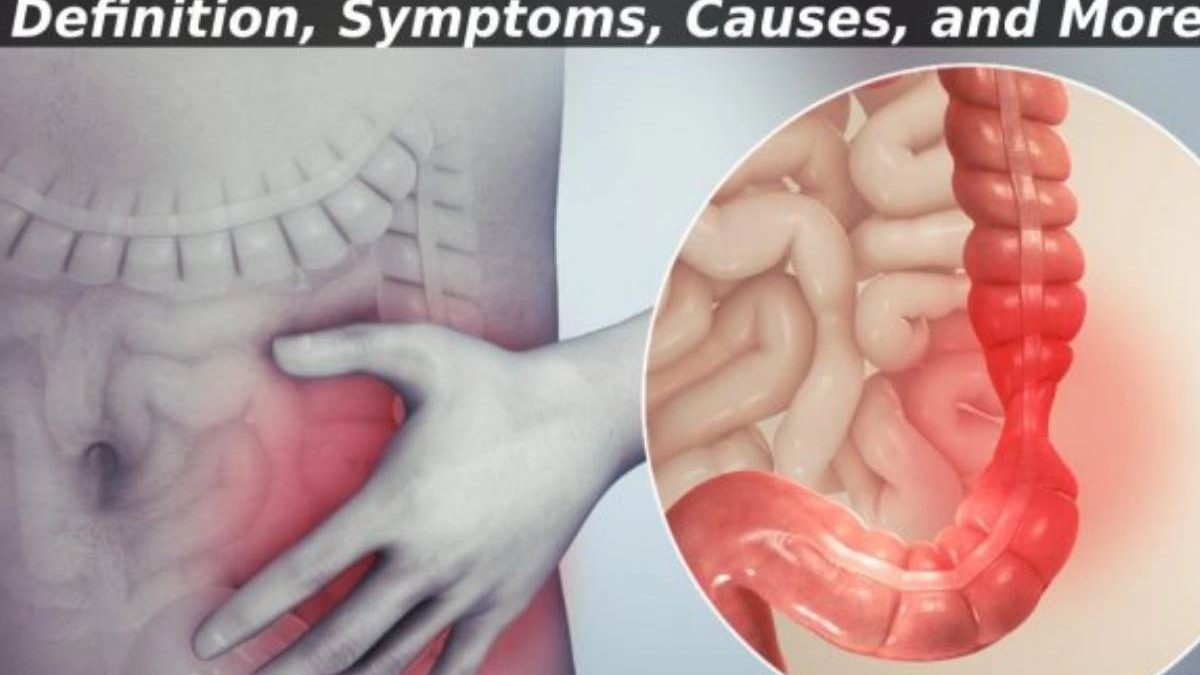IBS – Some medical conditions are tough to live with. Things often get worse because people misunderstand or minimize them. People equate migraines with severe headaches, think the flu is just a bad cold, or think irritable bowel syndrome means mild stomach pain.
People living with IBS tell a different story. But sometimes, it’s too embarrassing to say everything.
Table of Contents
What is {Irritable Bowel Syndrome} IBS?
IBS is a state that affects the digestive system. It is a chronic (long-term) condition, and it may take trial and error to find the proper treatment for you. There may be periods when the symptoms are severe and problematic, and other times when the symptoms fade into the background and life becomes more accessible for a while.
It is believed that 1 in 3 Australians have IBS. It is more common in women; the first symptoms usually begin before age 40.
What are The Symptoms of IBS?
The main symptoms of IBS include:
- Stomach pain or discomfort
- Bloating
- Chronic diarrhea or constipation – or both
- Sickness
- Feel like you still need some shit despite the shit you just did.
- Sometimes there is white mucus in the stool.
- Blowing or pooping might temporarily ease discomfort.
IBS is not just a painful and unpleasant condition; it may also humiliate. People suffering from IBS, which causes diarrhea, may experience an urgent need to use the restroom and may not always arrive on time. When they go out, they may need to bring wipes and a change of clothes, and they are typically quite aware of the location of the nearest bathrooms.
What Causes IBS?
It’s a fairly complex question. Several factors play a role in the onset of IBS, and each person mixes differently. If you are vulnerable to SII, you may find that the attack is triggered by factors such as:
- Gastrointestinal diseases can cause intestinal symptoms that persist even after the initial bacteria or viruses have disappeared
- Intolerance to certain food that are poorly absorbed in the gut, especially a group of carbohydrates called FODMAPS
- Strong emotions such as anxiety and stress (there are over 100 million nerve cells in the heart)
- An overly sensitive gut
- Certain medications, such as antibiotics, antacids, and painkillers, can cause constipation and diarrhea.
How Is IBS Diagnosed?
You must see your GP for a proper diagnosis if you think you have IBS.
You should consult a doctor right away if you:
- severe symptoms
- blood in feces
- Unexplained or unintentional weight loss
- Fever or severe diarrhea.
To diagnose IBS, doctors can do the following:
In the past six months, ask about your symptoms to see if you’ve had recurring abdominal pain at least once a week for three months, along with two or more other symptoms:
- Pain related to defecation
- Changes in stool frequency
- Changes in stool consistency or shape.
Do trials to rule out other conditions with similar symptoms, such as celiac disease or colorectal cancer.
How Is Irritable bowel syndrome Treated?
IBS often presents with mixed symptoms specific to each patient. This means that there is a “trial and learn” process to find the proper treatment for Irritable bowel syndrome to give each person a sense of security.
Common treatments for IBS include:
- Eat more fiber
- drink clearer water
- Start a low FODMAP diet under the guidance of a certified dietitian
To take pills :
- Prevention of diarrhea if you have IBS with diarrhea predominance
- Prevention of constipation if you suffer from IBS with a predominance of constipation
- Cramp relief
- Treating pain, bloating, and stool frequency (antidepressants often help)
Psychotherapy, such as cognitive behavioral therapy or gut-guided hypnosis
Physiotherapy that strengthens the pelvic floor to improve your ability to pass stools effectively.
Conclusion
Irritable bowel syndrome is a complex disease whose pathophysiology is poorly understandable. Due to the variety of symptoms and possibilities, from constipation to diarrhea, a single treatment is unsuitable for most patients.
However, Irritable bowel syndrome (IBS) is a condition that affects the large intestine with symptoms including abdominal pain, bloating, constipation, and diarrhea in varying degrees. Irritable bowel syndrome is usually prescribed drug treatment and lifestyle changes, but medical treatment for a full range of symptoms is insufficient.

